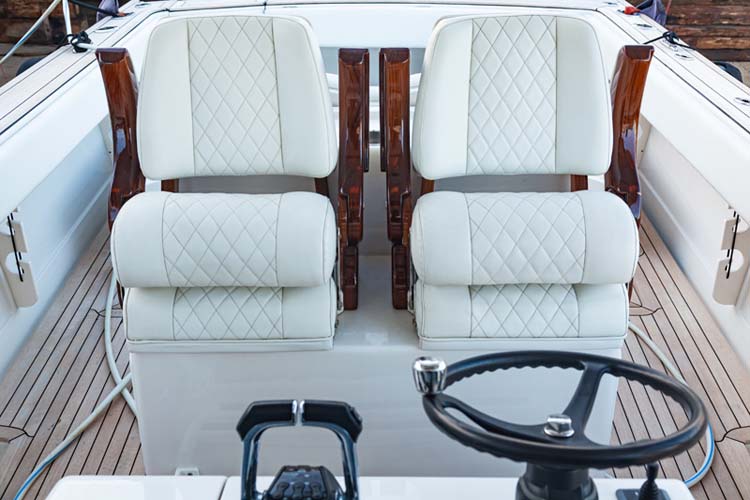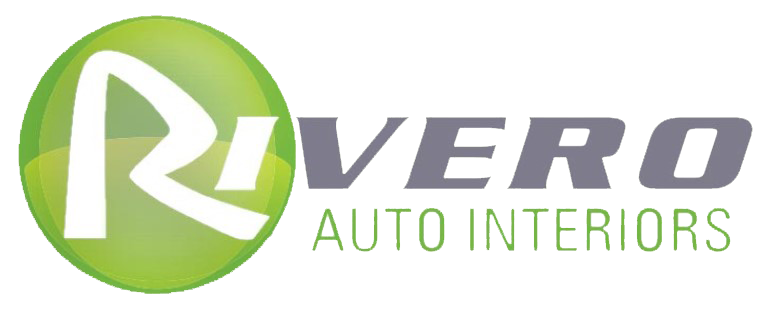What materials are best for marine upholstery?, Miami
Upholstery Company in Miami: What materials are best for marine upholstery?
When it comes to marine upholstery, durability and resistance to water, sunlight, and salt are crucial factors to consider. The best materials for marine upholstery should be able to withstand exposure to the harsh marine environment.
Here are some materials that are commonly used for marine upholstery by Rivero Auto Interior in Miami:
Vinyl: Vinyl is a popular choice for marine upholstery due to its water-resistant properties, durability, and ease of maintenance. It is available in a wide range of colors and patterns, making it a versatile choice for boat interiors.
Leather: Leather is another popular choice for marine upholstery, particularly for high-end boats. It offers a luxurious look and feel and is resistant to water, but it can be susceptible to cracking and fading over time if not properly maintained.
Sunbrella: Sunbrella is a synthetic fabric that is known for its durability and resistance to water, fading, and mildew. It is commonly used for boat covers, bimini tops, and other outdoor applications, but can also be used for marine upholstery.
Neoprene: Neoprene is a synthetic rubber material that is commonly used for wet suits, but it can also be used for marine upholstery. It is resistant to water, sunlight, and salt and offers a comfortable, cushioned feel.
Polyester: Polyester is a synthetic fabric that is commonly used for marine upholstery due to its durability and resistance to fading and mildew. It is also easy to clean and maintain.
When choosing materials for marine upholstery, it's important to consider the specific needs of your boat and the environment in which it will be used. A professional marine upholsterer can help you select the best materials for your particular situation.
Upholstery Company in Miami: What materials are not suitable for marine upholstery?
Marine upholstery is designed to withstand the harsh marine environment, including exposure to water, salt, sun, and wind. Therefore, it is important to choose materials that are suitable for this environment. Here are some materials that are not suitable for marine upholstery:
Natural fabrics: Natural fabrics like cotton, silk, and wool are not suitable for marine upholstery as they absorb water and are prone to mold and mildew growth. They also tend to fade quickly when exposed to sunlight.
PVC-coated fabrics: While PVC-coated fabrics are water-resistant, they can become brittle over time and crack when exposed to the sun's UV rays. They also tend to be less breathable, which can lead to condensation and mold growth.
Low-quality vinyl: Low-quality vinyl is not suitable for marine upholstery as it can crack and fade when exposed to the sun's UV rays. It is also prone to mold growth and can become stiff and uncomfortable over time.
Uncoated foam: Uncoated foam is not suitable for marine upholstery as it absorbs water and can become heavy and take a long time to dry. It can also lead to mold growth and an unpleasant odor.
Metal hardware: Metal hardware, such as zippers and snaps, can rust and corrode quickly in a marine environment. It is important to use marine-grade hardware that is designed to withstand the corrosive effects of saltwater.
In summary, it is important to choose materials that are water-resistant, UV-resistant, and breathable when selecting marine upholstery materials. Want to learn more? Give the team at Rivero Auto Interior in Miami a call!

